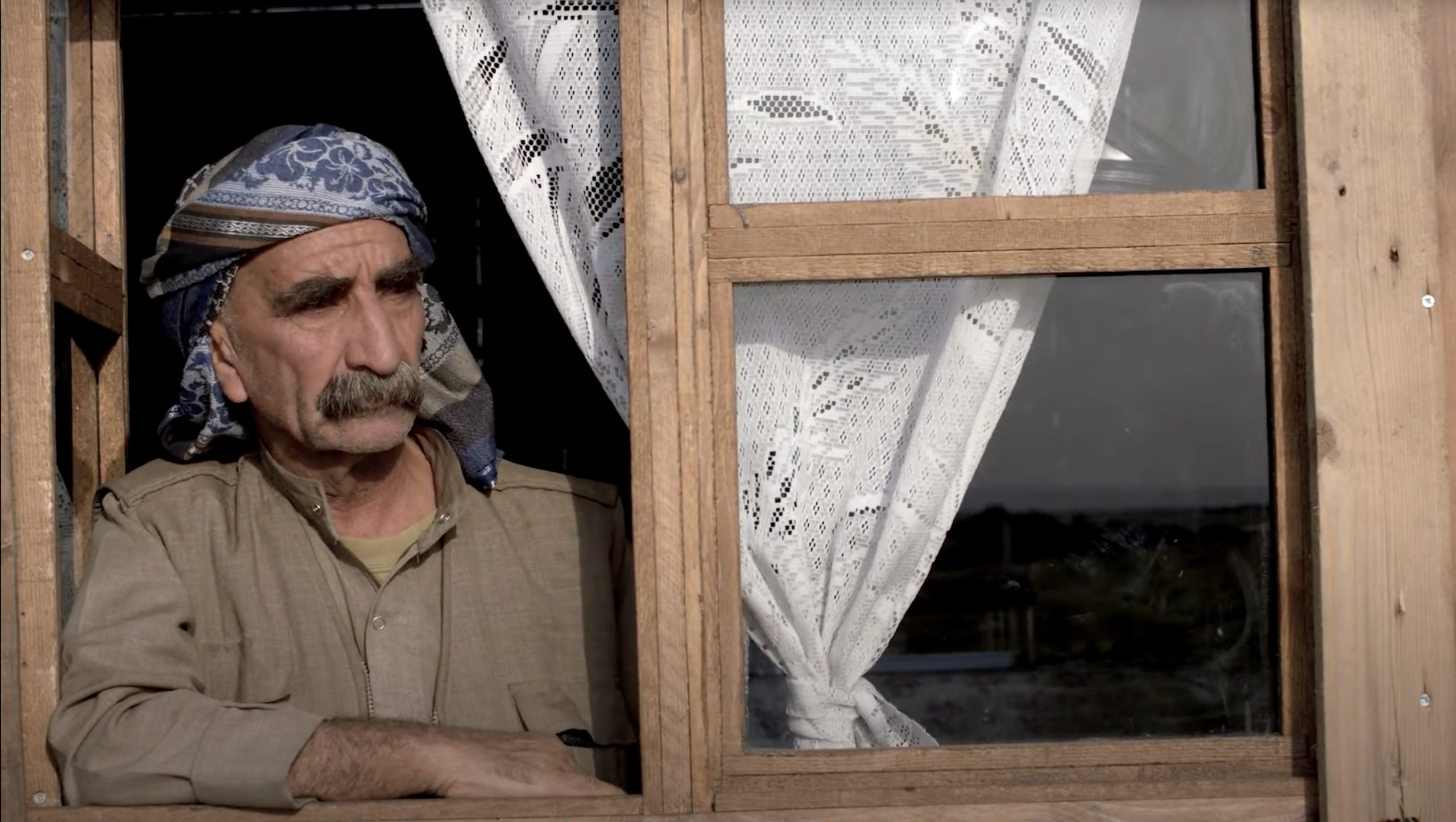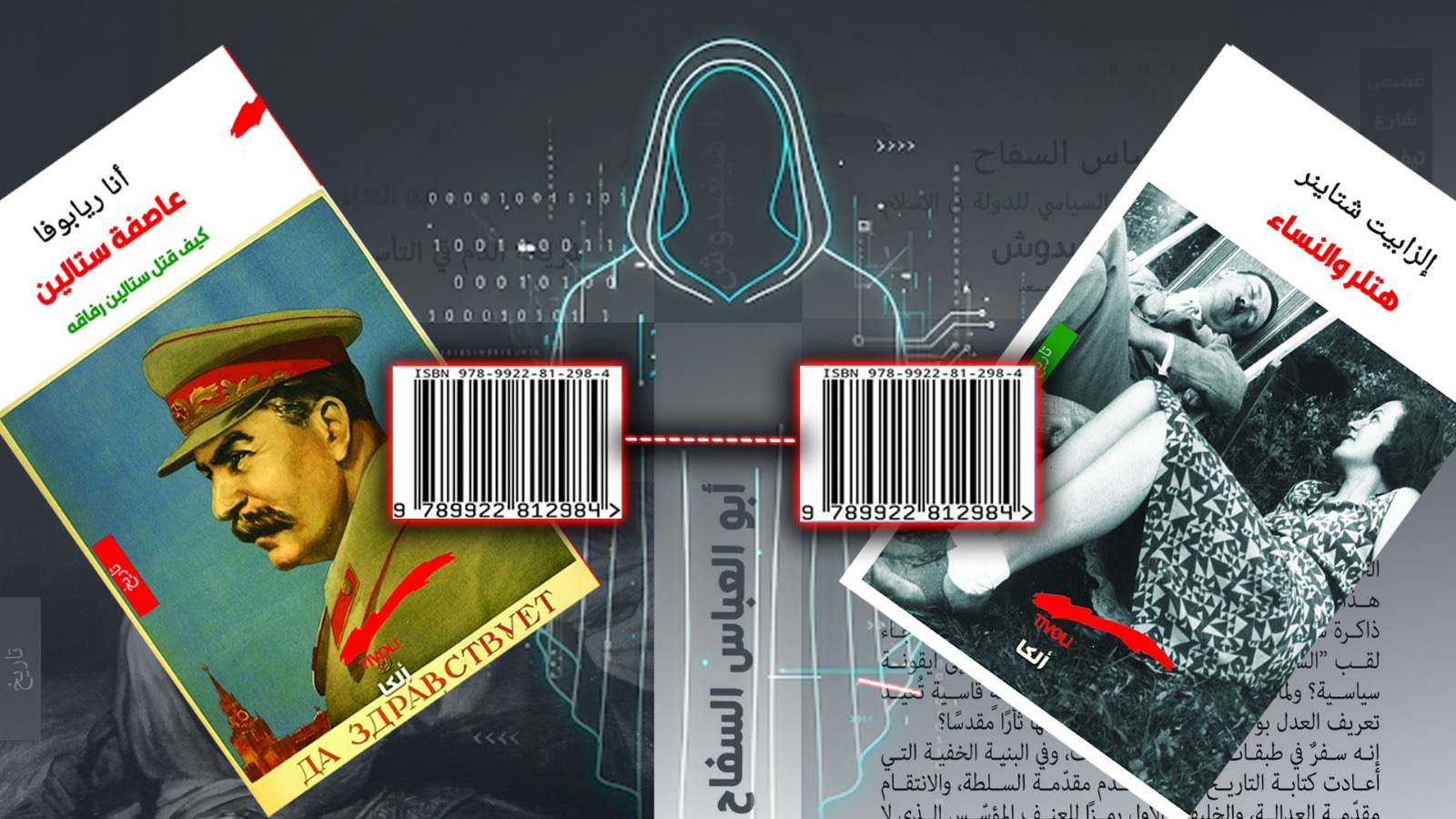Witnessing the Silenced Nightingale: Tava Sor

A husband and wife drive in celebration, expecting a child. The wife asks, “Can you play some music?” Her husband puts on Bilbilo (“O Nightingale”), a Kurdish folk song where the bird sings over ruins, over cities burned by the Turkish state. The melody is strangled, police stop the car, drag the man out, and kill him, another routine act of state terror. Their child is later born. He grows up to see his city being bombed. One night, soldiers strike his home. His flesh is mingled with blood, smoke, and dust. In the hospital, he bids farewell to life in the midst of his mother’s memories of her late husband’s lost love. Later, she visits her husband’s grave and narrates the story of their lost child. The nightingale’s song was silenced forever.
Elsewhere, on a sunny day, children whirl around a football on the dusty streets. Their energy runs with the ball. Their laughter tears asunder when a police car cuts through their joy, arresting someone — a father, a brother. In anger, the children abandon the ball and hurl stones at the car. The state freezes movement, freezes joy.
As this unfolds, yet elsewhere, amid the noise of bombs and bullets, a woman steps outside and is shot dead. Her husband follows and is wounded. Their young child watches from a distance. His dead mother lies on a carpet of blood. He screams, and only in his screams can he hug her. For another day, he watches the corpse of his mother, too afraid to approach it, knowing that her killer is waiting for another target. Cats and dogs draw near to feed on the mother’s body. From a distance, her son guards her. Mourning under state terror.
Later, a dengbêj sings a folk song. After the song fades, he meets a young Kurdish man who works for the Turkish state. They begin to speak of the classic Kurdish poet Ehmedê Xanî. The dengbêj tells him of Xanî’s great work, the epic of Mem û Zîn (“Mem and Zîn”), unfolding in the city of Cizîr. The young man remembers, as a child, standing before the graves of Mem û Zîn, not yet knowing the weight of their story. Mem û Zîn is a tragic love epic, a foundational work of Kurdish literature. Through their songs, the dengbêj, traditional Kurdish storytelling folk singers, passed down Kurdish oral history through generations, from voice to voice. Kurdish history, erased by the state, found shelter in the throat of the dengbêj. At the heart of Xanî’s epic is Beko. Out of jealousy, Beko spins his schemes, breaking the two lovers’ bond and leading them to death. In Kurdish poetic political discourse, Beko has become an uncanny specter over history, a symbol of betrayal from within, against love, against free will. The legacy of cumulative betrayal.
Meanwhile, some young men, disillusioned with life, take drugs to escape the tragedies surrounding them, while their homes and families lie under bombs — a portrait of psychological trauma under structural oppression. Like the Lotus-Eaters in Greek mythology, they are lost in pleasurable illusions that pull them from the duties and struggles of life. They seek to flee the screams, the bombs raining on innocent civilians outside, yet in avoiding their people’s suffering, they fall into the claws of state control. Under such oppression, people become docile shadows, their minds shackled by invisible chains of escape, preventing them from confronting history and oppression.
Under the rain of bombs, elsewhere, the state accuses a Kurdish politician of killing a spy, though the spy had already been killed by the state itself. Soldiers came to arrest the man, seize his land, and strip him of his immunity. Power, masked as law, has perversed itself into violence, flying under the flag of legitimacy.
A dengbêj sings once in the tongue of Europe and warns, “state of emergency is not the exception, but the rule.”
The state’s special warfare forces unleash paramilitary militias to crush the people’s self-defense units, not only to wage war on resistance fighters but to annihilate entire communities. “Let the smell of their burning flesh rise over the city,” orders the head of the Special Forces. “Don’t let anyone survive to expose the truth.” The state’s monopoly over ‘legitimate’ murder.
Kurdish war profiteers side with the Turkish state to crush the resistance and seize the lands from those who stand against them. They fill their pockets through betrayal, their hands seep with the soil and blood of their own people. Capitalists feed on dispossession, parasites thriving on ruins. Their wealth accumulates over the graves of the displaced. The spirit of capital machinery.
Meanwhile, hiding in the basement of an abandoned house to dodge the bombs, parents wash with their tears the corpse of their little daughter, lying in an open fridge. The father, weakened by his injuries, dies beside his slain child. A ceremonial washing in times of war.
One Special Forces soldier shoots a civilian man in the leg in the street. The man struggles to escape. A friend of the shooter, sitting nearby, says, “You don’t shoot well. Should I show you how to shoot?” The shooter arrogantly accepts the challenge, points his sniper rifle at a deadly spot, and fires. The man falls dead. Surplus violence enjoyment.
A Kurdish boy goes to a shop to buy some sweets. He is delighted that he will finally taste something sweet in the bitterness of life. When he steps out of the shop, he is struck dead by a police car. The driver grows slightly nervous, but his colleague beside him reassures him: “Nothing happened. He is just a terrorist.” And they continue driving.
Necropolitics is no stranger to Kurdistan; it is a resident.
A resistance fighter is shot while protecting a civilian and a journalist: he asks his comrade journalist to record the resistance, so that it may enrich the history of struggle, and so that future generations may know that many people once fought for an alternative, for a life free from oppression. He voices his last words: “No one can tame us.” A legacy of resistance.
These are some of the scenes from the 14-episode Kurdish docudrama series Tava Sor (Red Sun), produced by the Rojava Film Commune and aired on Stêrk TV. It tells the story of Turkish state terror following the collapse of the 2013–2015 peace process between the Turkish state and the Kurdish movement. The Turkish state systematically annihilated all forms of grassroots and self-administration that existed in Bakur (Northern Kurdistan) at the end of 2015 and 2016. Tava Sor depicts some of the war crimes that took place in Cizîr, a reality far too horrific to be fully captured. Now, with another peace process initiated, the question arises: is it the destiny of the nightingale to mourn in Kurdistan, or will it one day sing of peace and love across its valleys, rivers, fields, and mountains?
Cihad Hammy
Cihad Hammy studies English and American Studies (Master’s) at the University of Hamburg. He is a researcher and the co-editor of Rojava in Focus: Critical Dialogues.



